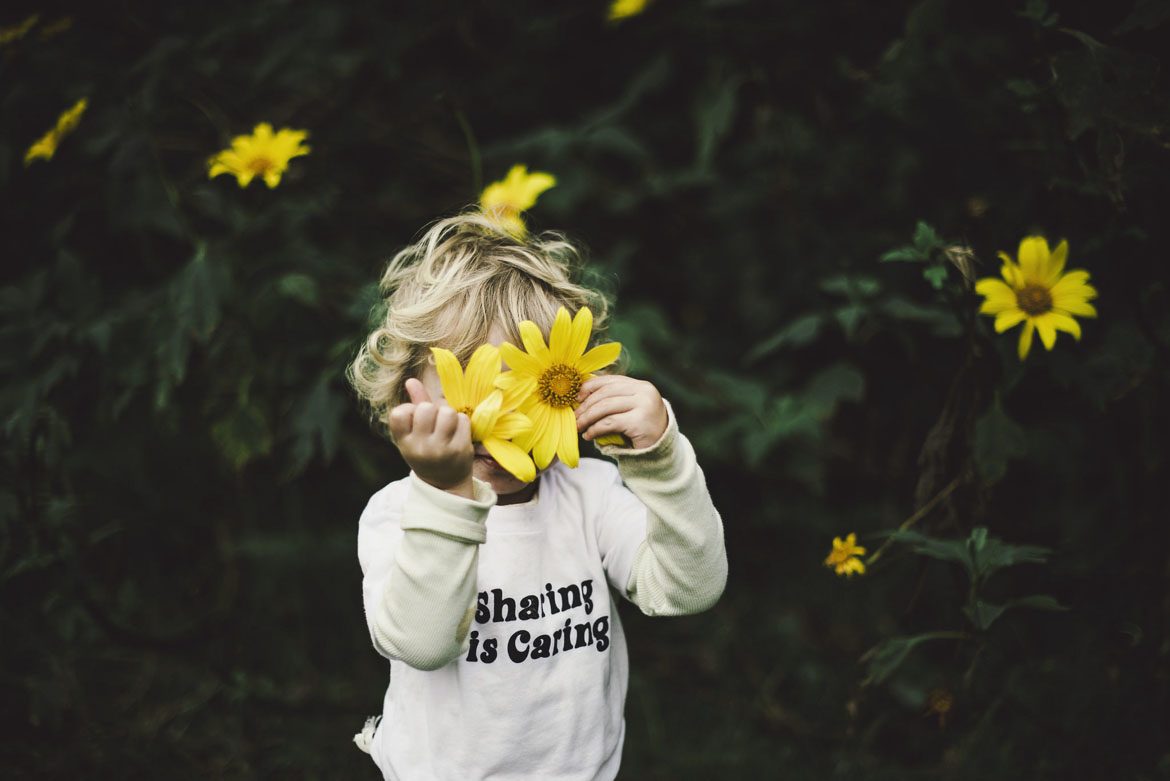By KateSurfs
The environmental impact of raising a child in a western country is like 10 times greater than raising a child in a developing nation (I’m not entirely sure on that statistic, but you know what I mean). Our kids eat more, they have more stuff, own more clothes, they waste more and travel more than kids ever have before. I personally know many people who have made the choice not to have children mainly because they feel guilty about the carbon footprint their offspring leave behind.
I’ve realized that teaching children to care for the environment goes beyond telling them to switch off the lights when they leave the room or taking shorter showers. It goes beyond using cloth nappies and toilet training early. It’s about creating long-term environmentally conscious citizens of the planet. Its about every one of us contributing to a solution.
- Teach children about consumerism.
It’s nice to buy second hand toys and clothes, but tell kids why you’re doing it. Yes, you save money, but you’re also recycling! And, when you buy something new, where will it be in a week? A month? A year? Where did the thing you’re buying come from? Do you really need it? Was it made ethically or not? Who made it and in which country was it manufactured in? There’s some great topics of conversation here. What you’re doing in the long run is educating little conscious consumers by bringing up these questions. You don’t need to overwhelm kids and guilt trip them every time they want something. But, it’s good to raise their awareness.
- Eat less meat and grow a veggie patch and buy local.
Kids are naturally curious about their food. The meat (and dairy) industry is estimated to contribute about 25% of global greenhouse gas emissions. Believe it or not, scientists say that the meat and dairy industry contributes more to global greenhouse gasses than the automobile industry! Plus, there is a lot of waste produced by farming animals. Even people who reduced their consumption of meat, significantly reduced their carbon footprint. Eating vegetarian food is really easy these days. Our family is vegetarian and it’s really no biggie. Also, kids LOVE growing food. It’s not about being able to grow enough food to make it worthwhile, it’s more about planting the seed of consumer awareness. Even a small veggie patch can produce a lot of food. And, I’ve grown a lot on just my balcony. Or, see if your town has a community garden. Kids who play and work outside have a greater respect for the planet too.











